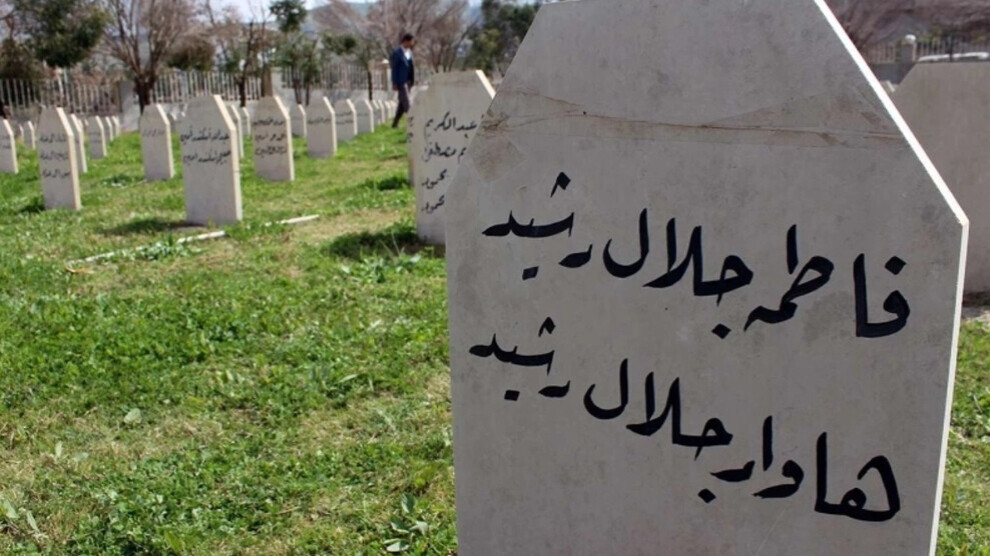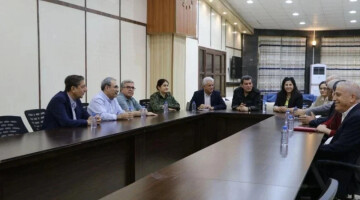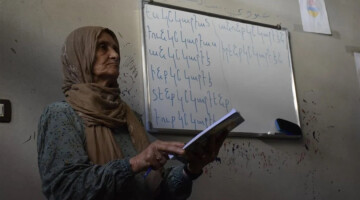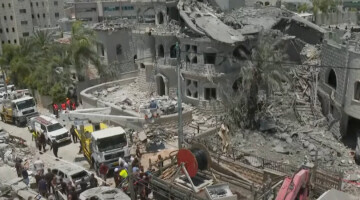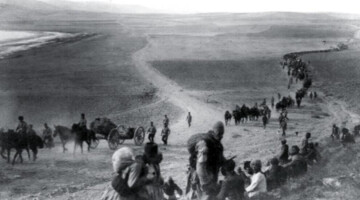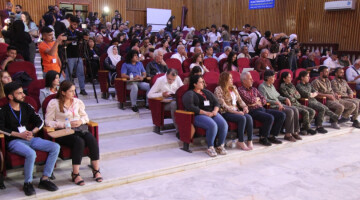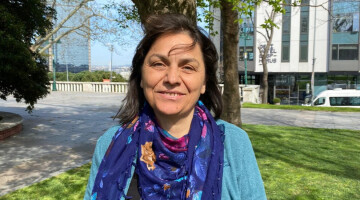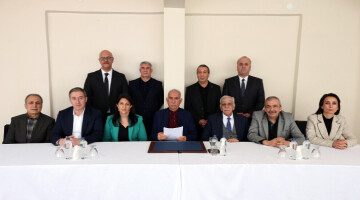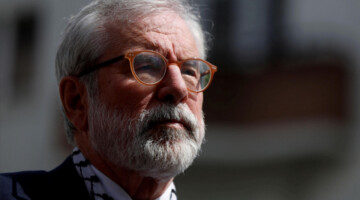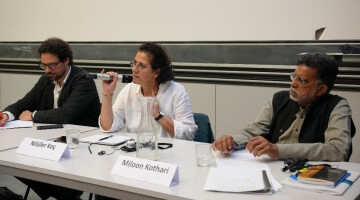The poison gas attack on the Kurdish city of Halabja in Iraq in 1988 stands as a "reminder for humanity never to close its eyes to the atrocities of war," said the Kurdish umbrella organization KON-MED in a statement published on the anniversary of the massacre.
Condemning this heinous attack as a war crime and genocide would be an important step towards justice, said KON-MED, adding: "As the umbrella organization of Kurdish cultural associations in Germany, we would like to underline the responsibility of German companies that were involved in Iraq’s chemical weapons program. This responsibility also applies to all victims of the Anfal operation, as part of which the poison gas attack on Halabja was carried out. Under the pretext of counterinsurgency, up to 182,000 people were murdered by the Saddam regime in the course of genocidal measures in the late phase of the First Gulf War."
The statement added: "The memory of the massacre in Halabja must live on, not only as a dark page of history, but also as a warning for the future. We must never forget that war crimes and atrocities against humanity cannot be justified. Our commitment is to ensure that such acts never happen again and that the victims receive appropriate justice and recognition."
KON-MED said that "in recent years there have been repeated reports from Kurdish guerrillas about the use of poison gas by the Turkish state in South Kurdistan (North Iraq), which was directed against these same guerrillas," and demanded that the Organization for the Prohibition of Chemical Weapons (OPCW) "investigate these allegations. We fear for our brothers and sisters in Kurdistan."

